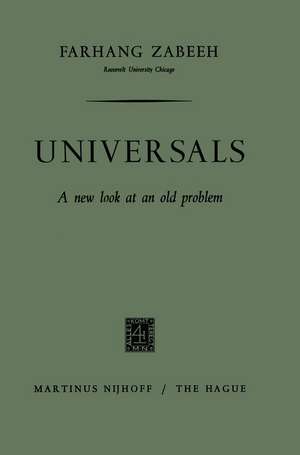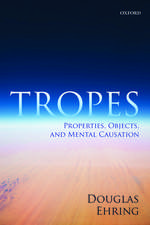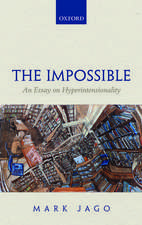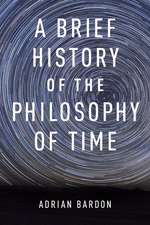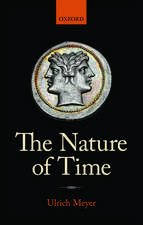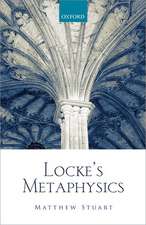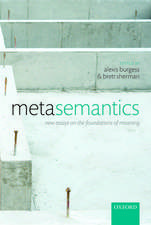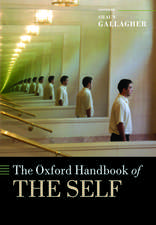Universals: A New Look at an Old Problem
Autor Farhang Zabeehen Limba Engleză Paperback – 1966
Preț: 376.04 lei
Nou
Puncte Express: 564
Preț estimativ în valută:
71.98€ • 78.21$ • 60.50£
71.98€ • 78.21$ • 60.50£
Carte tipărită la comandă
Livrare economică 21 aprilie-05 mai
Preluare comenzi: 021 569.72.76
Specificații
ISBN-13: 9789401187466
ISBN-10: 9401187460
Pagini: 84
Ilustrații: 68 p. 1 illus.
Dimensiuni: 155 x 235 x 4 mm
Greutate: 0.13 kg
Ediția:1966
Editura: SPRINGER NETHERLANDS
Colecția Springer
Locul publicării:Dordrecht, Netherlands
ISBN-10: 9401187460
Pagini: 84
Ilustrații: 68 p. 1 illus.
Dimensiuni: 155 x 235 x 4 mm
Greutate: 0.13 kg
Ediția:1966
Editura: SPRINGER NETHERLANDS
Colecția Springer
Locul publicării:Dordrecht, Netherlands
Public țintă
ResearchCuprins
I. The Semantic Aspect of Plato’s Theory of Ideas.- 1. The first assumption.- 2. The second assumption.- 3. Metaphysics out of semantics.- II. Aristotle’s Way Out.- 1. Some oblique criticisms of Plato’s semantic assumptions.- 2. Universals and particulars.- III. Examination of the Platonic Assumptions.- 1. An attack by empiricists.- 2. A new approach.- IV. A Constructive Move.- 1. Resemblance.- 2. Universals.
